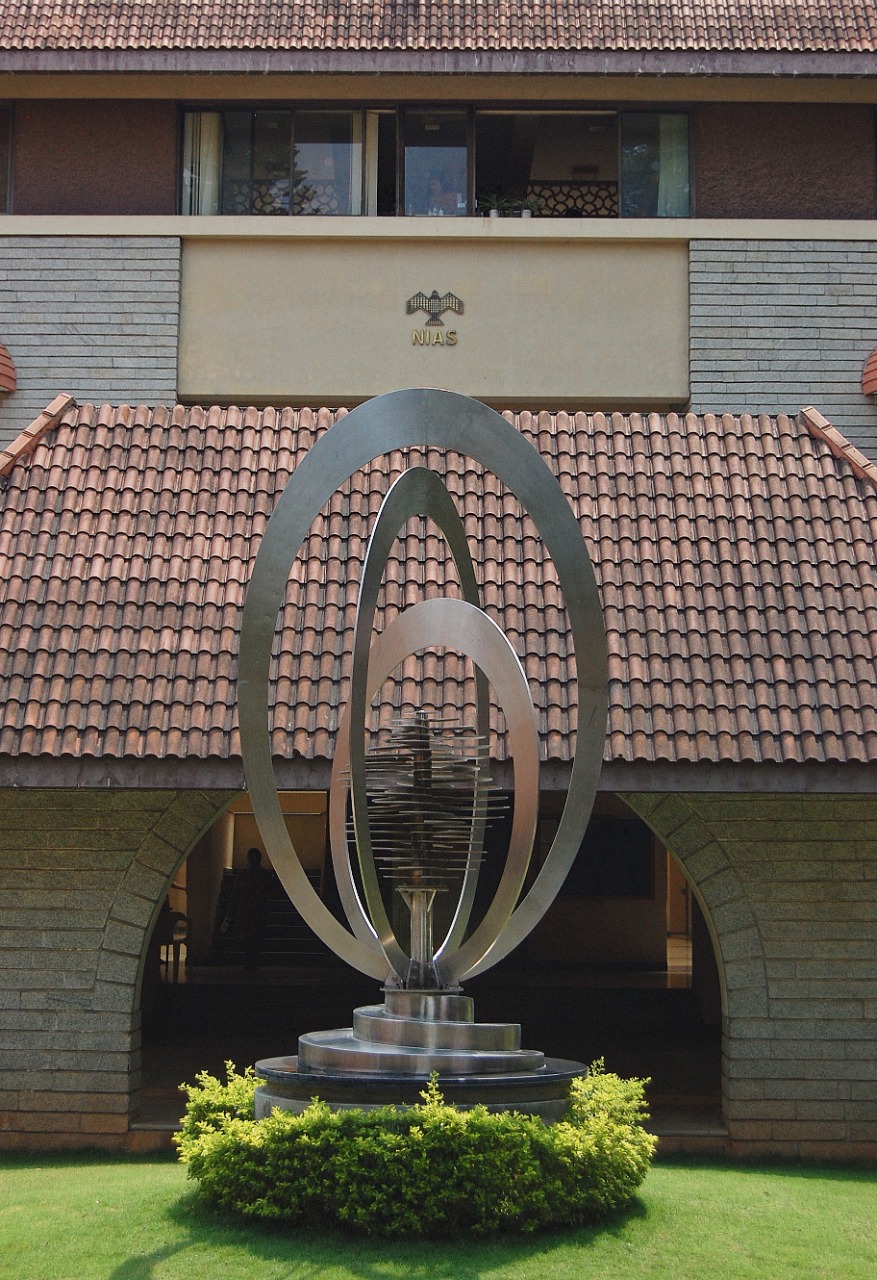
Madras Café is a movie based on the problem of Sri Lankan Tamils and leads up to the assassination of former Indian Prime Minister, Shri Rajiv Gandhi. Watching the movie, the dormant anger against Prabhakaran got rekindled and the unjust thought that what he got was just, welled up in me. In a previous article of mine, I had stated that Prabhakaran and his ilk lost the “Eelam war” on May 21, 1991; the day when the former Indian Prime Minister Rajiv Gandhi – who was genuinely interested in getting a place in the sun for the Sri Lankan Tamils – was audaciously assassinated. LTTE not only lost the sympathy of the rest of India, which was in any case very little, but lost the crucial sympathy and support of Tamil Nadu which was aghast at his temerity.
Coming to the film it covers itself with a lot of drama necessary for box office success but in the process sacrifices factual accuracy. Firstly, in all my years of service with the Government of India, I have not heard of a R&AW officer becoming an alcoholic due to a failed mission or committing suicide on discovery of his misdemeanor or an intelligence chief resigning for failures of his agency. Most of the latter followed a policy of “Live and let die!” The film has however brought out some basic truths. Undoubtedly, Prabhakaran had enjoyed the support of majority of Jaffna Tamils, something which finally turned him into a homicidal megalomaniac, possessing no qualms about killing any one seen as a threat to his supremacy. He had only one goal in his entire insurgency cum terror tactics – an Independent Eelam. Rajiv Gandhi paid with his life for opposing it – without however giving up his effort to find an honorable place for Sri Lankan Tamils within a united Sri Lanka – a win-win situation for the Sri Lankan Government, the Sinhalese, Tamilians and most importantly, for India.
Having a resource starved Independent Eelam within 30 miles of its southern shore would never coincide with the Indian strategic interests. When Prabhakaran realised that all indications pointed to a return of Rajiv Gandhi to power in New Delhi, he understood that his dream of an Independent Eelam would be lost forever and planned the assassination of the former PM. The Bollywood production has however put another spin of a western plot. The Jain commission which enquired into the assassination had hinted that there was no conclusive evidence. In fact, R&AW had realised that Prabhakaran remained the most powerful leader among all insurgent groups and its efforts to prop up some other groups including one headed by Varadaraja Perumal ended in failure. Perumal was made the Chief Minister of United North Eastern province after the signing of the Indo-Sri Lankan accord, but had to seek shelter in India when Prabhakaran turned his gun on Perumal. The film also shows that Prabhakaran had escaped from the onslaught of IPKF but some sections of the Indian army continue to insist till date that R&AW had stopped it from capturing him.
The story of Bala, a senior functionary of R&AW in Madras being an agent for Prabhakaran, after the western intelligence agencies “honey trapped” him is taken from a real life incident. A senior functionary in the Chennai office was indeed “honey trapped” and compromised by a powerful western intelligence agency into giving sensitive operational intelligence to them. However, the real life incident had nothing to do with the assassination of the former PM. The senior functionary was exposed by 1986 and was subsequently convicted for treason, imprisoned and lost his job whereas the assassination took place in May 1991.
Similarly, the story of a western news correspondent helping the RAW agent is again fictional although agents do try to ferret out information from knowledgeable journalists. The film is too fast paced and dramatic to tell a story which has many angles to it. It is a great tragedy of the 20th century that the ethnic community of Sri Lankan Tamils is yet to find a place for themselves in Sri Lanka and it is now evident that the Sinhala dominated Sri Lankan Government is not likely to aid their political desires. Unfortunately, India made a befuddled attempt on behalf of the minority Tamils but withdrew tamely, in the end leaving the Tamilians to their fate.
But if the Tamils continue to suffer from indignity and discrimination, will another Prabhakaran – with more strategic sensitivity – rise? Only time will tell…
About the Author
Shri S. Gopal retired as Special Secretary in the Cabinet Secretariat, Government of India.
